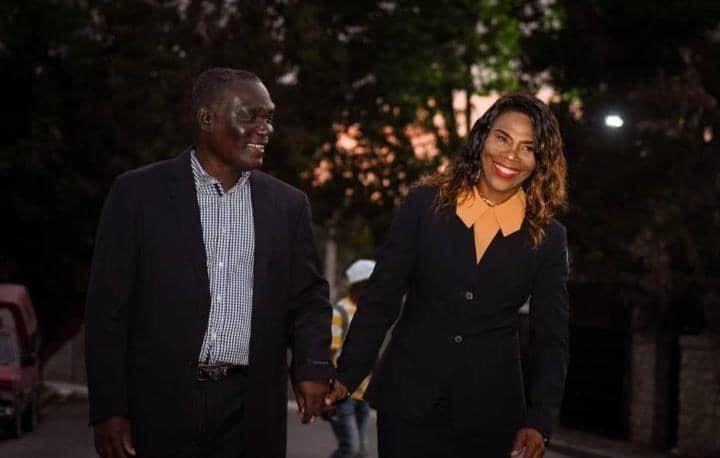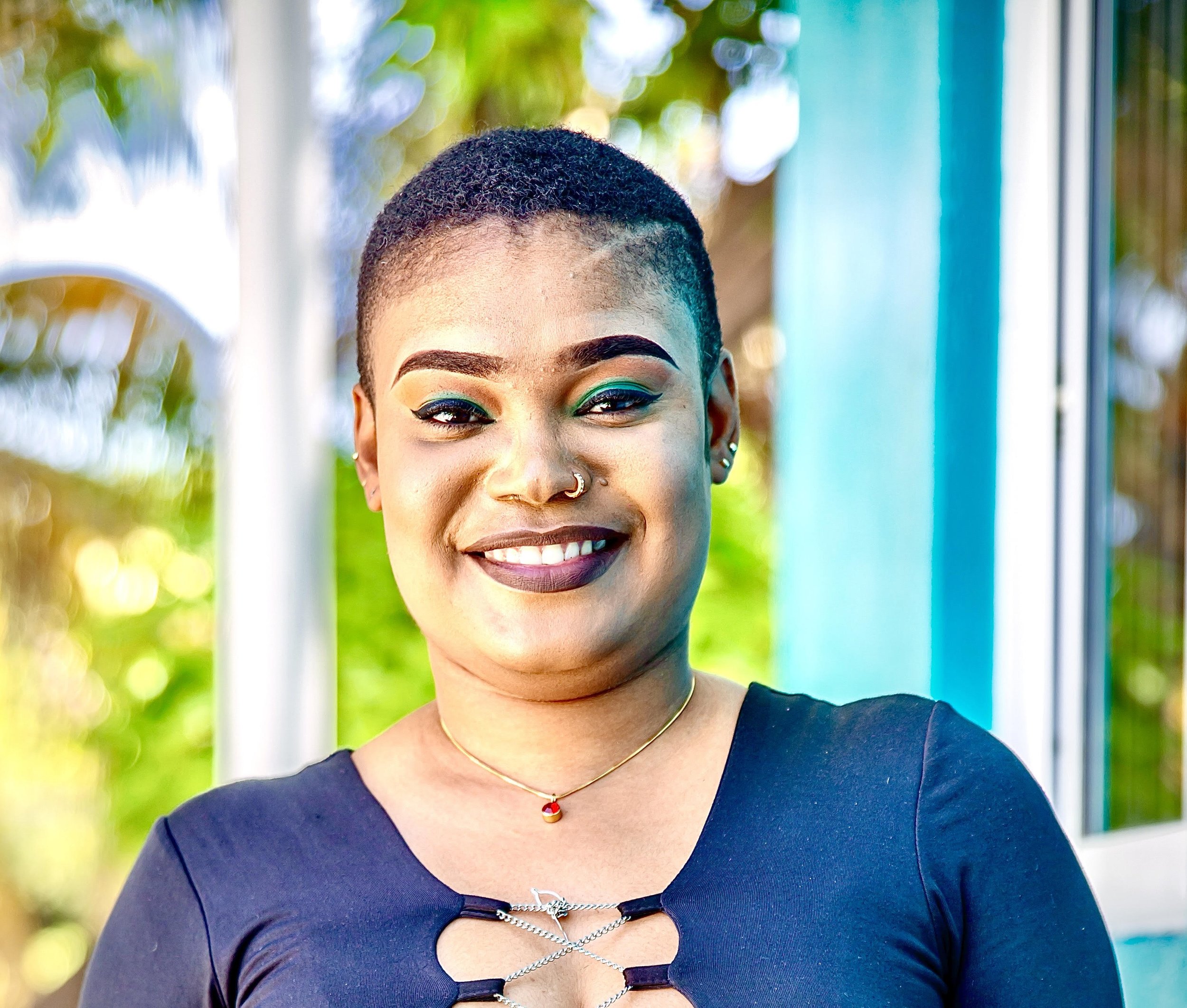Discovering Aljany, Pt. 1: Introductions
If you ever fly over Haiti, you will be struck by its anarchic construction and chaotic streets, where crowds of children and young people make their homes. If you get a little closer, you'll notice the streets themselves are broken, cracked, covered in dust and grime – yet bustling. Full of life. A metaphor for my country.
I was born in Haiti, in Port-au-Prince, in September 1990. I have lived here all my life. It was here that I took my first steps, that I spoke for the first time, that I built myself. I was raised by my parents, with two brothers and two sisters. We lived together, we slept together. We didn't have the luxury of having our own rooms.
My mother is love incarnate. She distributes it to everyone: to those in need, to those who cry, those in trouble…I don't think she ever knew what hate was.
My father is the image of bravery – not afraid of anything, but not a risk-taker either. A hard worker, he makes sure we always have something to eat, ensures our material security, and that is enough. I will tell you about my sisters and brothers another time.
My parents have both been teachers for over 30 years. Given their meager salary, I often asked them the question: how do they manage to feed 5 children, clothe them, and send them to school and university in a country like Haiti? It’s a question they could never answer. Yet they managed to make us educated men and women. My siblings and I all went to college and on to careers.
An old photo of my mother and father.
Port-au-Prince
After high school, I attended the Faculty of Applied Linguistics (FLA) at the State University of Haiti (UEH) for 4 years (2013 – 2017). I wanted to become a linguist, but I made a career out of journalism. Sometimes I went to class, not knowing what I was going to eat during the day or how I was going to get home. I would walk for miles on foot, sometimes late at night.
At that time, Port-au-Prince was not yet this dark, cold, and deserted city, controlled by armed gangs. Things have changed.
Today, for residents of Port-au-Prince, violence has taken root in our daily lives. Rival gangs clash for long hours across the city as we hide or flee.
My roots are indeed in Port-au-Prince, the only place where I really feel at home. Yet, paradoxically, I never really felt like I belonged there. I never felt safe there.
Turning years of silence into words
As I write this, I am overwhelmed with thoughts and anger. My own experiences, my history and my memories suffocate me.
But what would life be without history and without memories? This is what life is, and it’s precious: relationships, attachments, friends and family.
In my next articles, I will share with you my moments of happiness, joy, sadness. I will tell you what everyday life is like when you are a mother, a journalist and a resident of Port-au-Prince. I'm going to give my word the chance to free itself, because I have kept myself too quiet, too hidden.
Convinced that silence was my best tool, my only weapon to protect myself, I’ve created my own prison, in a way. I may blame the world around me, but deep down I know the solution is within me. In my words.
In these messages, which will surely become a personal letter to my readers, I will describe, I will explain and I will question. My words, kept to myself for so long, will come to life and turn into chapters here. One thing is certain: I want to be able to say everything, put everything here. Everything I didn't dare say before.
Until next month...
Read the series!
Part Three: The Long-Awaited Meeting
Part Seven: How Can You Be a Journalist Here?
Discover more!
About the Author
Aljany Narcius
Haitian journalist Aljany Narcius is currently pursuing a Master 2 in Media Management, online from France’s University of Lille. With ten years of experience in the fields of journalism and communication, Aljany is a linguist who uses the Creole language as her weapon in the fight against social inequalities, exploitation, and all kinds of violence.



